education
We fund primary school education, supplement staff salaries, subsidize secondary education, and…
Learn More
clinic
We support a permanent medical clinic, collaborate on a clean water project,…
Learn More
community health
We empower the communities we support to increase their education, health, and…
Learn More
economic development
We provide adult education, resources and local employment to support self-sufficiency.
Learn More
teams
Throughout the year we send medical teams to rural Northern Haiti to…
Learn More
When a Hurricane Strikes
Community Heath volunteers are ready to help
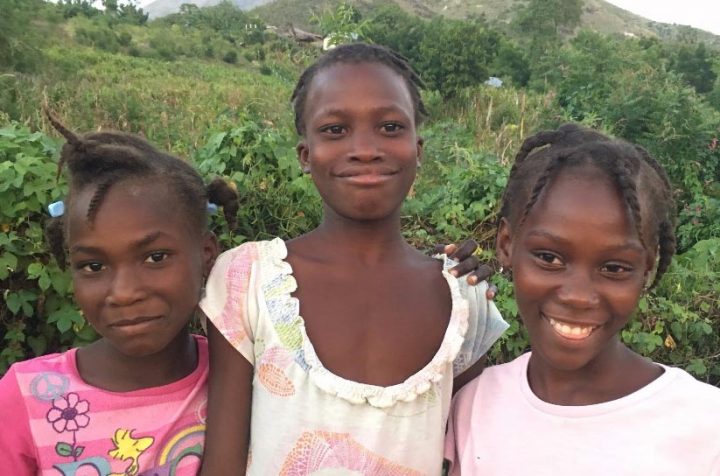
Girls collecting water from one of the wells put in by the community health program.
“Our children don’t die anymore.”
These are the words we heard from a young mother in Terre Blanche, Haiti during a recent visit by HFH board members Katie Thom and Steve and Beth Sethi.
We went to evaluate the progress of our community health program. We left celebrating after that same mother and many others shared excitedly how it used to be common for babies to die of diarrhea, pneumonia, labor complications and malnutrition. Now these are no longer daily threats.
Today, mothers know what to do when their children get sick and how to prevent illness. They credit the tireless work of their 45 neighbors, the area’s Community Health Volunteers (colvols).
Join us by supporting this on-going, community driven program in rural northern Haiti
As the people of Haiti struggle in the wake of Hurricane Matthew’s deluge, the network of colvols in Terre Blanche are fanning out to meet immediate needs.
Emergency food was distributed before the hurricane hit and people were notified to seek shelter at the school. These resilient and trained agents of change are activating their skills honed in the past seven years of making the lives of mothers and children better.
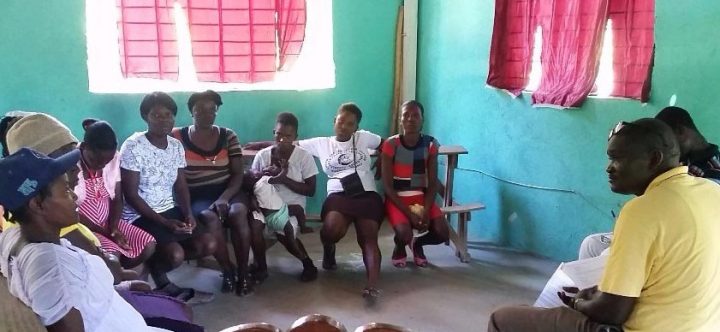
Colvols met with mothers to learn how their lives have changed since the start of the program. They named home visits by colvols and community meetings as the biggest influence in changing their health behaviors.
Only three years ago 62 percent of children in the area suffered from pneumonia. That figure is now down to 5 percent. Before the project started, 29 percent of women had access to a skilled health provider during childbirth. Today 100 percent are attended by a doctor, nurse or trained birth attendant during delivery.
A stunning 51 percent of children in the region were malnourished, now dramatically reduced to 17 percent. Where only 18 percent of pregnant women knew their HIV status, now 97 percent have been tested and can be treated to prevent transmission to their babies.
As we sat together in churches and under mango trees, we heard families praising the work of the colvols.
They are visiting homes regularly, teaching families how to prevent and treat common diseases, and how to best feed their children with the local foods available.
When children do get sick, families know to call their local colvol who will immediately help their child get medical care.
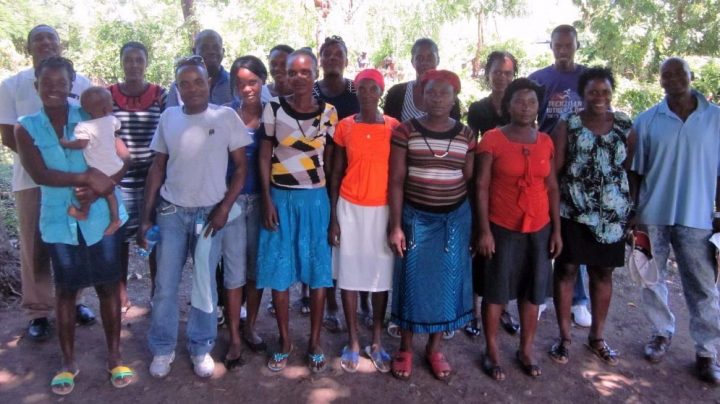
Some of the 45 community health workers: “We know now how to help each other more. We share with each other. We tell our neighbors when they need to go to the hospital.”
Every week colvols hold rally posts, where children are weighed and their growth tracked. The whole community has caught on. If you don’t bring your children, someone will come find you to make sure you show up.
When a malnourished child is found, the colvols enroll that child and mother in a twice-weekly cooking and teaching class called Ti Foyer. Mothers learn how to use locally available foods to bring their kids back to health, with a 100 percent success rate of bringing malnourished children back to health and keeping them there.
One group of mothers celebrated the changes in their community and said, “The colvols don’t give us money. If they gave us money to go to the hospital, our children would die on the way. With the training we get from the colvols, we can prevent illness before our children get sick.”
At the Clinic of Hope, the doctors and nurses see far fewer children with diarrhea and pneumonia, a fact they attribute to the work of the colvols. One nurse said, “Where I can’t go, they go for me.”
On one of the final days of our evaluation, Madame Silia, the community health nurse, turned to us and said, “I now know the value of my work.”
Through the amazing survey results and the stories we heard in the communities, she and her co-laborers have come to see how their efforts are paying off. They have a renewed motivation to continue to serve their neighbors, knowing they are not only improving quality of life but saving lives every single day.
A new generation of children is growing up in this remote area of Haiti without fearing some of the deadliest illnesses.
Thank you for walking this transformational journey with the people of Haiti.
Join us in supporting these local efforts to transform the communities of Terre Blanche. The community health program has been supported for the last seven years through donors like you.
The program continues to grow and improve because you are providing on-going training, local supervision, and medical and teaching supplies.
Please become a monthly donor to the program, or consider a one-time gift.
Written by Beth Sethi, HFH volunteer and past board member.
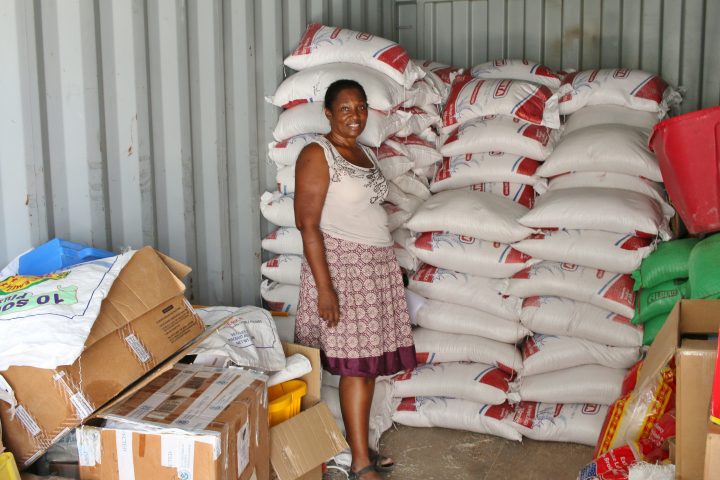
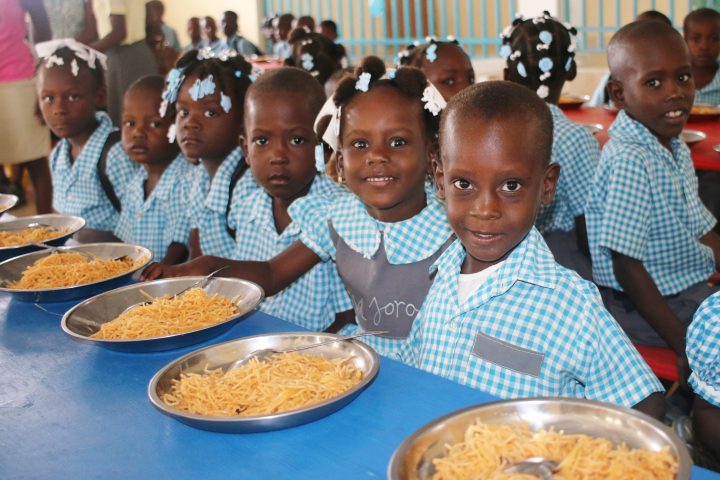










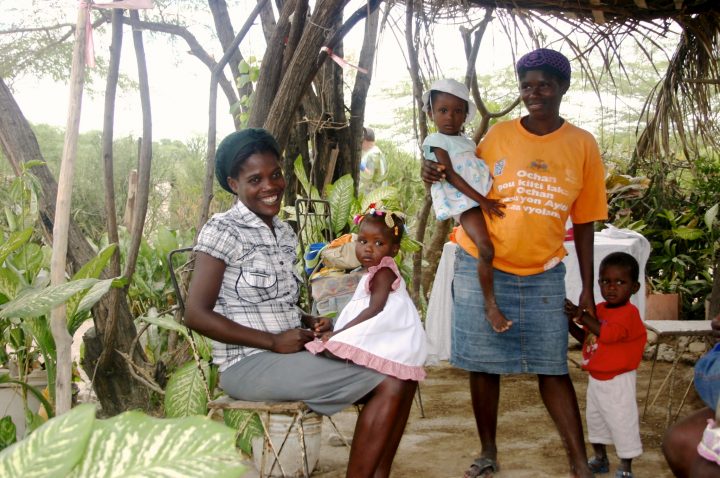
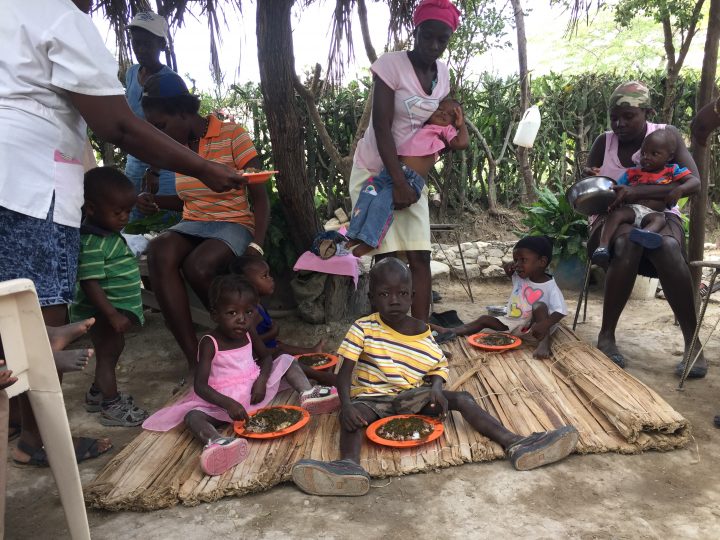
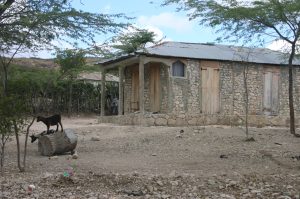
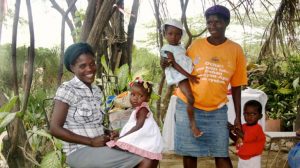
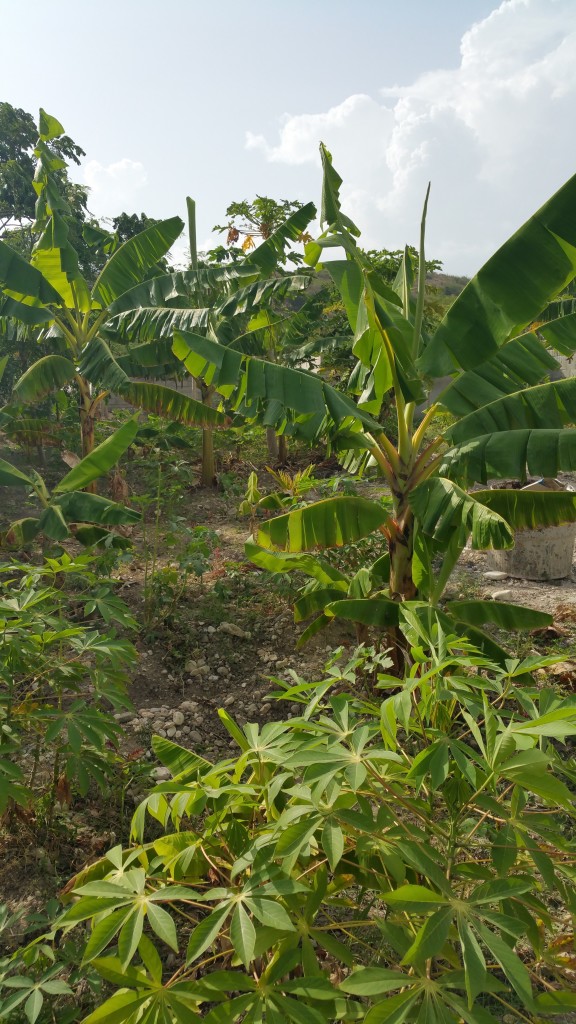
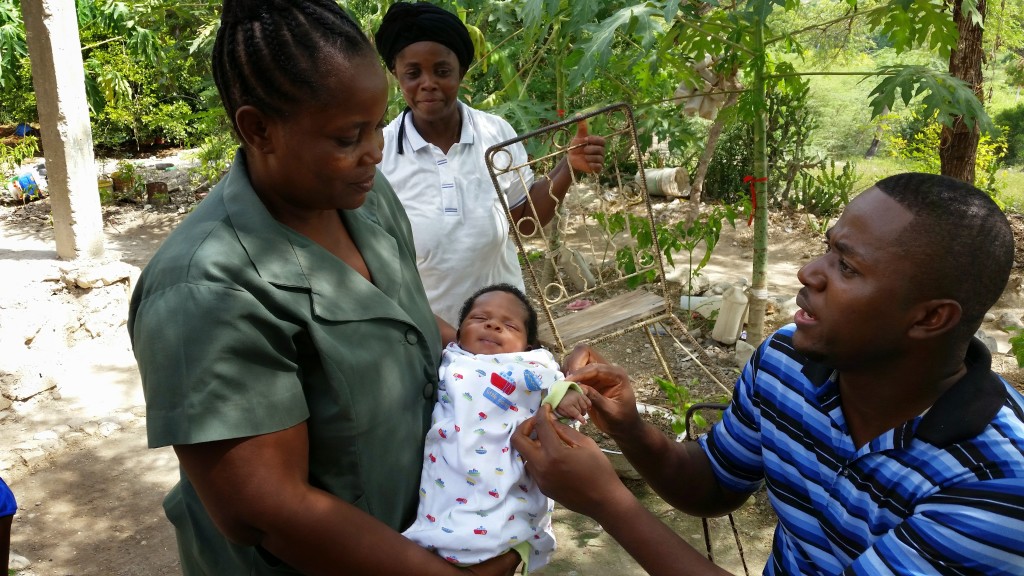
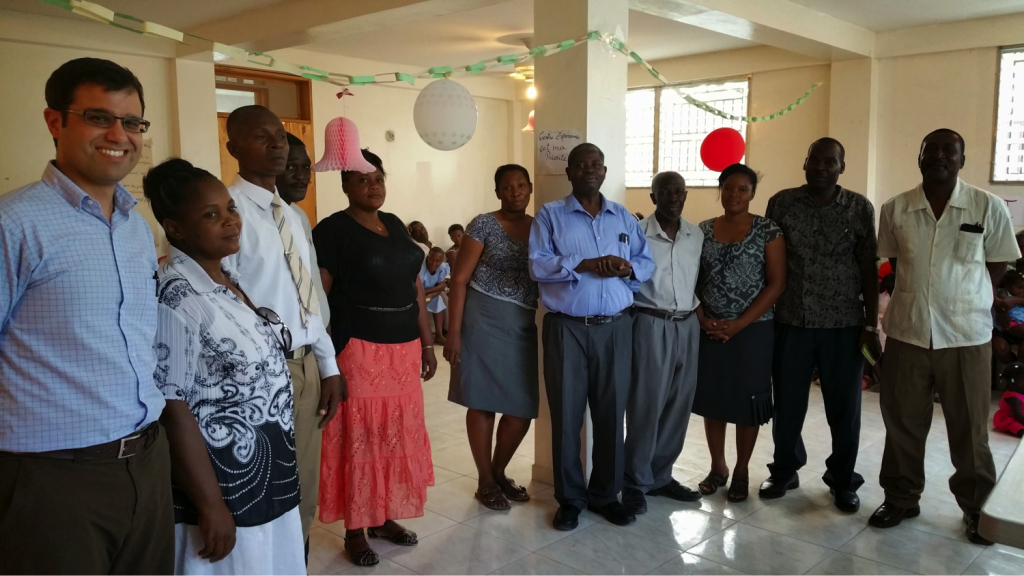
![Ag Garden[3]](https://haitifoundationofhope.org/wp-content/uploads/2014/12/Ag-Garden3-300x225.jpg)
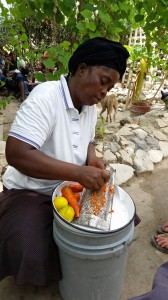
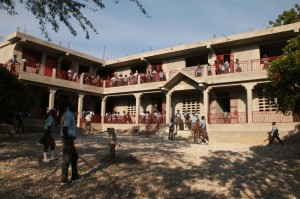
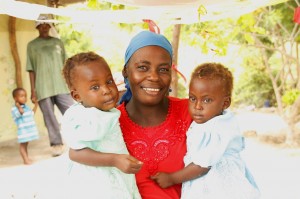

 Instagram Feed
Instagram Feed
